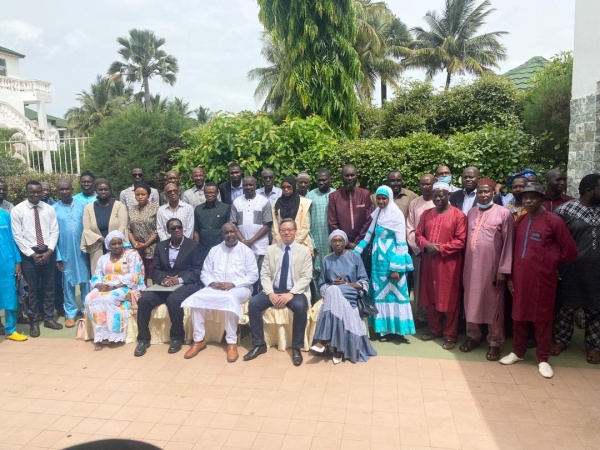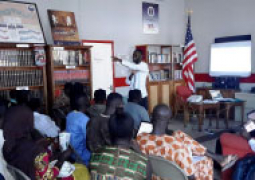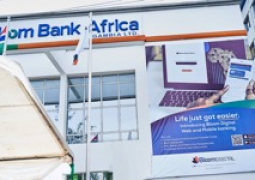
Dr. Demba Sabally, minister for Agriculture said the roadmap has been developed and valued, adding that Food Systems go beyond the limits of the Ministry of Agriculture.
Dr. Sabally said the final document would help us attain our Food and Nutrition Security Goals and Sustainable Development Goals by 2030.
Yasuhiro Tsumura, country representative of the World Food Programme said the situation of food insecurity has been a challenge in the country.
He added that, the situation has been exacerbated because of pricing and economic downturn in the context of the global situation relating to Russia and Ukraine.
According to a survey and UN agency report, he said, for the past ten years, The Gambia has faced the worst food insecurity.
Mr Tsumura said in 2021, the worst food insecurity was recorded due to the impact of climate change, Covid-19, the Cassamance conflict, refugee displacement and recent flooding in the country.
In this situation, he said, the key to the eradication of hunger and betterment of the development of the country is resilience and an inclusive food system which are a priority.
He noted that the pathway document would contribute to the achievement of zero hunger, new national development plan as well as the United Nations Sustainable Cooperation Framework.
Dr. Mustapha M. Ceesay, from the Food and Agriculture Organization of the United Nations (FAO) said the pathway document has done an in-depth review and analysis of issues surrounding food production, water management, climate change, environment, health nutrition, humanitarian aid, livelihoods, women, youth, and the national food systems development in the country.
He highlighted that FAO is poised to ensure a continuation of work towards the creation of sustainable jobs in agriculture, food systems, and value addition to improve food production, food handling, and marketing.





